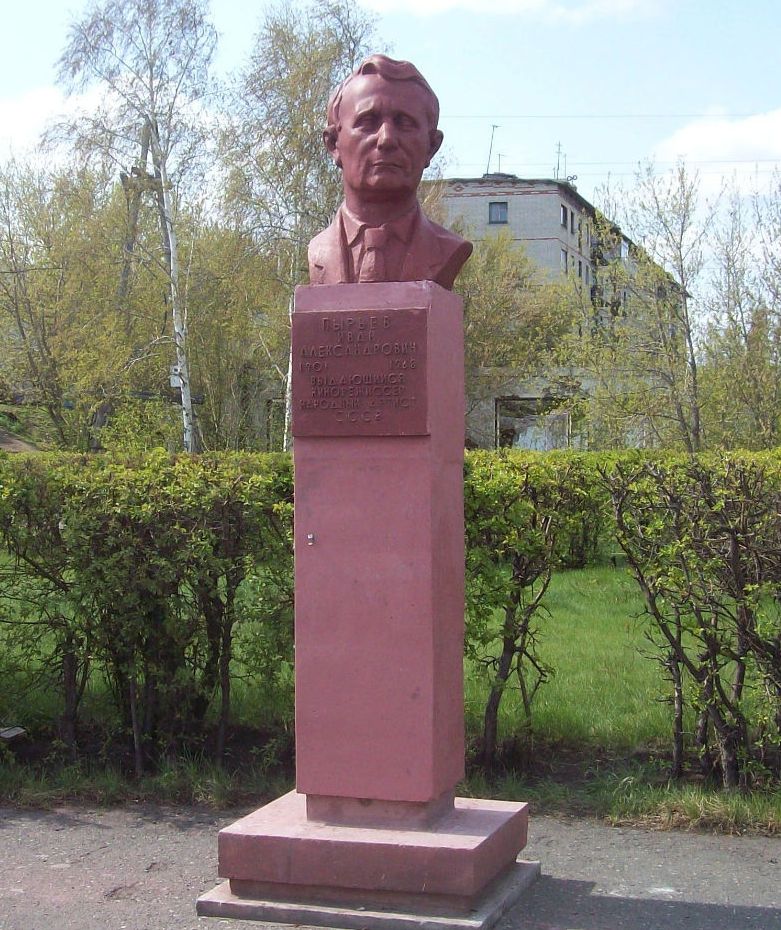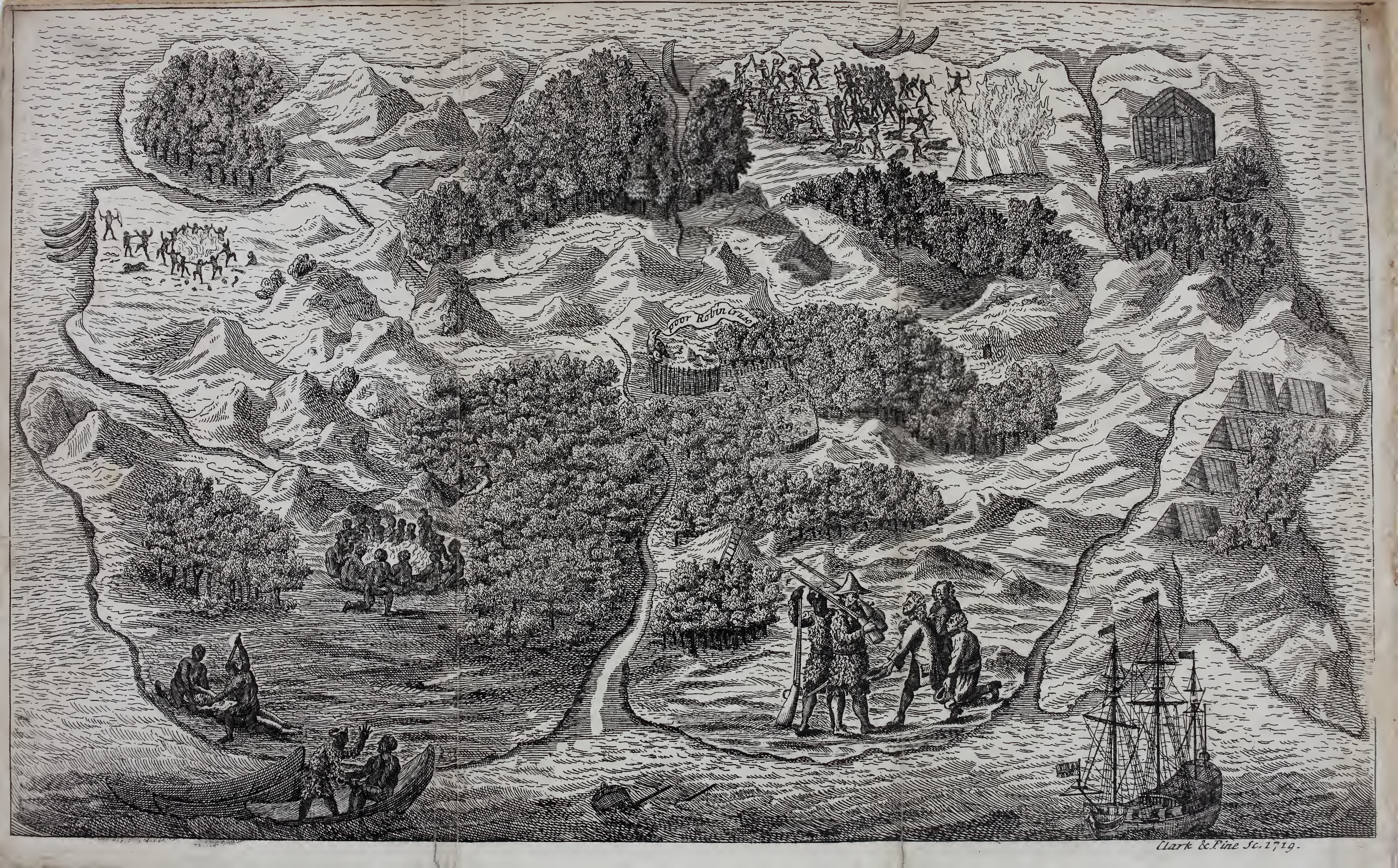|
The Forty-First (1956 Film)
''The Forty-First'' (russian: Сорок первый, Sorok pervyy) is a 1956 Soviet film based on the eponymous novel by Boris Lavrenyov. It was directed by Grigori Chukhrai and starred Izolda Izvitskaya and Oleg Strizhenov. The film, a remake of the 1927 movie with the same name, is set during the Russian Civil War and tells the story of a tragic romance between a female sniper of the Red Army and an officer of the White Army. Plot In 1919, during the Russian Civil War, a small force of Red Army soldiers that survived a crushing defeat by the Whites is forced to flee into the Karakum Desert. Among them is female sniper Maria, who has already claimed thirty-eight enemies dead. When the unit ambushes a camel caravan transporting White soldiers, she kills two of them and tries to shoot their officer, who will be her forty-first, but misses. The man, a lieutenant named Govorukha-Otrok, is carrying a letter from Admiral Aleksandr Kolchak to General Anton Denikin that states he has ... [...More Info...] [...Related Items...] OR: [Wikipedia] [Google] [Baidu] |
Grigori Chukhrai
Grigory Naumovich Chukhray (russian: Григо́рий Нау́мович Чухра́й; uk, Григорiй Наумович Чухрай; 23 May 1921 – 28 October 2001) was a Ukrainian Soviet and Russian film director and screenwriter. People's Artist of the USSR (1981).Cinema: Encyclopedic Dictionary // main editor Sergei Yutkevich (1987). — Moscow: Soviet Encyclopedia, 640 pages He's the father of the Russian film director Pavel Chukhray. Early life Grigory Chukhray was born in Melitopol (modern-day Zaporizhzhia Oblast of Ukraine) to Red Army soldiers Naum Zinovievich Rubanov and Claudia Petrovna Chukhray. He was of Ukrainians, Ukrainian origin.Grigori Chukrai, ''My Cinema''. Moscow, 2001, 98 p. [...More Info...] [...Related Items...] OR: [Wikipedia] [Google] [Baidu] |
Danil Dratsekno
Danil is a Central Asian and Russian male given name meaning "The Creator's Gift" in certain dialects of the Turkic languages . It is as a variant of the Russian name Daniil. Notable people with the name include: * Danil Bugakov (born 1988), Uzbek swimmer * Danil Burkenya (born 1978), Russian track and field athlete * Danil Domdjoni (born 1985), Croatian karate fighter * Danil Faizullin (born 1993), Russian ice hockey player * Danil Haustov (born 1980), Estonian swimmer * Danil Junaidi (born 1986), Indonesian footballer * Danil Khalimov (born 1978), Kazakh Greco-Roman wrestler * Danil Klenkin (born 1990), Russian football player * Danil Kutuzov (born 1987), Russian futsal player * Danil Mamayev (born 1994), Russian ice hockey player * Danil Poluboyarinov (born 1997), Russian football player * Danil Romantsev (born 1993), Russian ice hockey player * Danil Yerdakov (born 1989), Russian ice hockey player * Danil Venho (Born 1970) Finnish recording engineer Surname * Konstantin Dani ... [...More Info...] [...Related Items...] OR: [Wikipedia] [Google] [Baidu] |
Ivan Pyryev
Ivan Aleksandrovich Pyryev (russian: Ива́н Алекса́ндрович Пы́рьев; – 7 February 1968) was a Soviet-Russian film director and screenwriter remembered as the high priest of Stalinist cinema. He was awarded six Stalin Prizes (1941, 1942, 1946, 1946, 1948, 1951), served as Director of the Mosfilm studios (1954–57)Ирина Гращенкова''Пырьев Иван Александрович,'' Кинобраз. Accessed 18 July 2008. and was, for a time, the most influential man in the Soviet motion picture industry. Life and career Pyryev was born in Kamen-na-Obi, in the Tomsk Governorate of the Russian Empire (now Altai Krai, Russia). His early career included acting on stage directed by Vsevolod Meyerhold in ''The Forest'' («Лес») and by Sergei Eisenstein in the Proletcult Theatre production ''The Mexican''. Pyryev also acted in Eisenstein's first short film '' Glumov's Diary.'' Pyryev's early career included production jobs behind the ... [...More Info...] [...Related Items...] OR: [Wikipedia] [Google] [Baidu] |
Barsa-Kelmes
Barsa-Kelmes (russian: Барсакельмес, kk, Барсакелмес, ''Barsakelmes'' meaning "the place of no return") is a former island, the largest in the Aral Sea. Its area was 133 km2 in the 1980s, but as the sea became more shallow it steadily grew, until in the 1990s it ceased to be an island. Its highest altitude is 113 m. "Barsa-Kelmes" means "the place of no return". It was given such a name because of number of stories by people (or groups of people) returning after years or even decades after going to the island whilst those people were saying of only 2 or 3 days. It encompasses the Barsa-Kelmes Nature Reserve. Because of the native salt deposits, visitors are recommended to close their eyes during dust storms and strong winds. History The first recorded survey of Barsa-Kelmes was made in August 1848, when Geographer A. Maksheyev and topographer A. Akishev made a topographical survey of the island and described its landscape. The first sketche ... [...More Info...] [...Related Items...] OR: [Wikipedia] [Google] [Baidu] |
Lieutenant (Eastern Europe)
The rank of lieutenant in Eastern Europe ( hr, poručnik, cs, poručík, pl, porucznik, russian: script=latn, poruchik, sr, script=latn, poručnik, sk, poručík) is one used in Slavophone armed forces. Depending on the country, it is either the lowest or second lowest officer rank. Etymology The rank designation might be derived from russian: поpученец (a person tasked by a special mission); russian: поручение (to receive an order) or russian: пору́чить (tasked to look after). Normally the received military orders in written form and was responsible to meet the particular goals and objectives anticipated. Russian imperial armed forces The Imperial Russian Army introduced this rank first in middle of the 17th century, by the Strelets so-called New Order Regiments , reflected in the Table of Ranks. A ''poruchik'' was normally assigned to assistant commanding officer of a company, later platoon. In 1798 this particular rank designation was ... [...More Info...] [...Related Items...] OR: [Wikipedia] [Google] [Baidu] |
Krasnaya Zvezda
''Krasnaya Zvezda'' (russian: Кра́сная звезда́, literally "Red Star") is the official newspaper of the Soviet and later Russian Ministry of Defence. Today its official designation is "Central Organ of the Russian Ministry of Defence." ''Krasnaya Zvezda'' was created by the decision of the Politburo of the Central Committee of the RCP on 29 November 1923 as the central printing body of the People's Commissariat of defense of the USSR for military Affairs (later the Ministry of Defense of the USSR). The first issue was published on 1 January 1924. References External linksOfficial site the digital resource of the |
Yakov Protazanov
Yakov Alexandrovich Protazanov (russian: Яков Александрович Протазанов; 4 February ( O.S. 23 January ) 1881 – 8 August 1945) was a Russian and Soviet film director and screenwriter, and one of the founding fathers of cinema of Russia. He was an Honored Artist of the Russian SFSR (1935) and Uzbek SSR (1944). Biography Born in the Vinokurov family estate to educated Russian parents, both of whom belonged to the merchantry social class. Mikhail Arlazorov. ''Protazanov''. Moscow: Iskusstvo, 1973, pp. 7—9 His father Alexander Savvich Protazanov came from a long generation of merchants and was a hereditary distinguished citizen of Kiev (an inherited privilege first granted to Yakov's great-grandfather, a merchant also named Yakov Protazanov who moved with his family to Kiev from Bronnitsy). Alexander worked with the Shibaev brothers of the family of Old Believers whose father Sidor Shibaev was among the pioneers of the oil industry. Yakov's mother Eliz ... [...More Info...] [...Related Items...] OR: [Wikipedia] [Google] [Baidu] |
Yesaul
Yesaul, osaul or osavul (russian: есау́л, translit=yesaul, uk, осаву́л, translit=osavul) (from Turkic yasaul - ''chief''), is a post and a rank in the Ukrainian Cossack units. The first records of the rank imply that it was introduced by Stefan Batory, King of Poland in 1576. Cossacks in Russia There were different yesaul posts and ranks in Cossack Hosts in Imperial Russia: *Генеральный есаул (''generalny yesaul'') - General Yesaul *Походный есаул (''pokhodny yesaul'') - Campaign Yesaul *Войсковой есаул (''voiskovoy yesaul'') - Army Yesaul *Полковой есаул (''polkovoy yesaul'') - Regimental Yesaul *Артиллерийский есаул (''artilleriysky yesaul'') - Artillery Yesaul *Сотенный есаул (''sotenny yesaul'') - Company Yesaul (commander of a sotnia) *Станичный есаул (''stanichny yesaul'') - Yesaul of a stanitsa Cossack Hetmanate and Sloboda Ukraine In Ukraine of the 17th an ... [...More Info...] [...Related Items...] OR: [Wikipedia] [Google] [Baidu] |
Vadim Zakharchenko
Vadim Viktorovich Zakharchenko (russian: Вадим Викторович Захарченко; 19 February 1929 — 2 January 2007) was a Soviet and Russian actor. He appeared in more than one hundred films from 1954 to 2002. Honored Artist of the Russian Federation Merited Artist of the Russian Federation (russian: link=no, Заслуженный артист Российской Федерации, ''Zasluzhenny artist Rossiyskoy Federatsii'') is an honorary title in the Russian Federation. The title is ... (1993). Selected filmography References External links * 1929 births 2007 deaths Russian male film actors Soviet male film actors People from Novosibirsk Honored Artists of the Russian Federation Deaths from cerebrovascular disease Gerasimov Institute of Cinematography alumni {{USSR-actor-stub ... [...More Info...] [...Related Items...] OR: [Wikipedia] [Google] [Baidu] |
Robinson Crusoe
''Robinson Crusoe'' () is a novel by Daniel Defoe, first published on 25 April 1719. The first edition credited the work's protagonist Robinson Crusoe as its author, leading many readers to believe he was a real person and the book a travelogue of true incidents. Epistolary, confessional, and didactic in form, the book is presented as an autobiography of the title character (whose birth name is Robinson Kreutznaer) – a castaway who spends 28 years on a remote tropical desert island near the coasts of Venezuela and Trinidad, roughly resembling Tobago, encountering cannibals, captives, and mutineers before being rescued. The story has been thought to be based on the life of Alexander Selkirk, a Scottish castaway who lived for four years on a Pacific island called "Más a Tierra" (now part of Chile) which was renamed Robinson Crusoe Island in 1966. Despite its simple narrative style, ''Robinson Crusoe'' was well received in the literary world and is often credited as ma ... [...More Info...] [...Related Items...] OR: [Wikipedia] [Google] [Baidu] |
Man Friday
Friday is one of the main characters of Daniel Defoe's 1719 novel ''Robinson Crusoe'' and its sequel ''The Farther Adventures of Robinson Crusoe''. Robinson Crusoe names the man Friday, with whom he cannot at first communicate, because they first meet on that day. The character is the source of the expression "Man Friday", used to describe a male personal assistant or servant, especially one who is particularly competent or loyal. Current usage also includes "Girl Friday". It is possible that a Miskito pirate by the name of Will became the inspiration for the character ''Friday''. Character Robinson Crusoe spends twenty-eight years on an island off the coast of Venezuela with his talking parrot Poll, his pet dog, and a tame goat as his only companions. In his twenty-fifth year, he discovers that Carib cannibals occasionally use a desolate beach on the island to kill and eat their captives. Crusoe helps one of the Caribs, kept captive and about to be eaten, escape his captors. ... [...More Info...] [...Related Items...] OR: [Wikipedia] [Google] [Baidu] |
Aral Sea
The Aral Sea ( ; kk, Арал теңізі, Aral teñızı; uz, Орол денгизи, Orol dengizi; kaa, Арал теңизи, Aral teńizi; russian: Аральское море, Aral'skoye more) was an endorheic basin, endorheic lake lying between Kazakhstan (Aktobe Region, Aktobe and Kyzylorda Regions) in the north and Uzbekistan (Karakalpakstan autonomous region) in the south which began shrinking in the 1960s and had largely dried up by the 2010s. The name roughly translates as "Sea of Islands", referring to over 1,100 islands that had dotted its waters. In the Mongolic languages, Mongolic and Turkic languages, ''aral'' means "island, archipelago". The Aral Sea drainage basin encompasses Uzbekistan and parts of Tajikistan, Turkmenistan, Kyrgyzstan, Kazakhstan, Afghanistan, and Iran. Formerly the fourth largest lake in the world with an area of , the Aral Sea began shrinking in the 1960s after the rivers that fed it were diverted by Soviet Union, Soviet irrigation proje ... [...More Info...] [...Related Items...] OR: [Wikipedia] [Google] [Baidu] |


